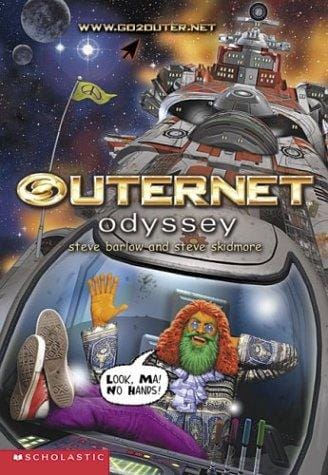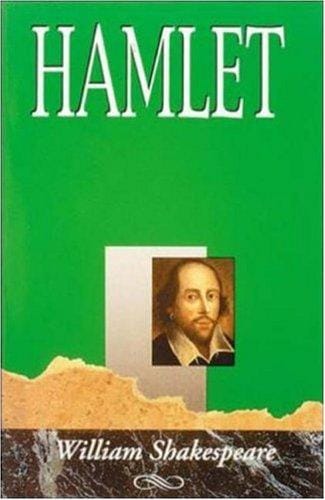The Timeless Odyssey: Journey, Themes, and Influence
Discover Homer's Odyssey: a timeless epic of adventure, homecoming, and clever survival whose themes and influence still shape literature and travel storytelling today.

Introduction: Why the Odyssey Still Matters
More than two and a half millennia have passed since an anonymous singer—later called Homer—first shaped the stories of Odysseus into the epic we know as the Odyssey. Yet this poem of homecoming, monsters, and mortal resilience remains a touchstone for readers, filmmakers, and gamers alike. In an age of instant gratification, Odysseus’s ten-year struggle to return to Ithaca reminds us that the longest journeys often happen within. This article explores the plot, themes, cultural impact, and modern adaptations of the Odyssey, revealing why it continues to inspire new voyages of the imagination.
Plot in Brief: From Troy to Ithaca
The epic opens after the fall of Troy, with Odysseus stranded on the nymph Calypso’s island. Longing for home, he wins Zeus’s pity and receives reluctant help from Poseidon’s enemies among the gods. Flashbacks and songs relate earlier adventures: outwitting the Cyclops Polyphemus, resisting the Lotus-Eaters, braving the underworld, escaping the cannibal Laestrygonians, and sailing past the Sirens, Scylla, and Charybdis. Meanwhile in Ithaca, his wife Penelope fends off 108 unruly suitors while their son Telemachus searches for news of his father. The threads converge when Odysseus, disguised as a beggar, returns to Ithaca, proves his identity by stringing his legendary bow, and executes the suitors. Peace is restored, but only after Athena commands a final cease-fire, underscoring the fragile nature of civilization.
Major Themes That Resonate Today
The Hunger for Home
At its core, the Odyssey is a meditation on nostos, the yearning for home. In an era of global migration and remote work, Odysseus’s aching desire to see the smoke rising from Ithaca feels strikingly contemporary. The poem suggests that home is defined not merely by geography but by recognition—Penelope’s final test with the immovable marriage bed proves that shared memory anchors identity.
Cunning over Strength
Odysseus wins less by brute force than by metis, a Greek word for clever intelligence. From naming himself “Nobody” to blind the Cyclops to sneaking past the suitors in disguise, he shows that adaptability beats raw power. In business case studies and military academies, his tactics remain models for asymmetric strategy.
Hospitality and Its Limits
The ancient concept of xenia—guest-friendship—governs much of the epic’s moral universe. Good hosts like the Phaeacians prosper, while bad guests like the suitors meet ruin. The theme speaks to modern debates about tourism, refugee policy, and digital etiquette: how we treat strangers defines our society.
The Role of the Divine
Olympian gods meddle constantly, illustrating the tension between fate and free will. While twenty-first-century audiences may not fear Zeus’s thunderbolt, we still wrestle with unseen forces—algorithms, market swings, or genetic predispositions—that shape outcomes beyond individual control.
Cultural Impact: From Virgil to Video Games
The Odyssey seeded Western storytelling templates, from the Roman epic Aeneid to Dante’s Inferno, which recasts Ulysses as a restless explorer. James Joyce’s Ulysses famously compresses Homer’s arc into a single Dublin day, proving that mundane errands can be epic. Stanley Kubrick’s 2001: A Space Odyssey moves the journey to the stars, while the videogame franchise Assassin’s Creed Odyssey lets players sail a virtual Aegean. Each reinterpretation confirms that Odysseus’s voyage is less a period piece than a narrative engine adaptable to any era.
Lessons for Modern Travelers
Travel bloggers and life coaches often invoke the epic to frame personal growth. Odysseus teaches that setbacks can become stories, that curiosity carries risks, and that mindful planning—such as storing the winds in a bag—matters. He also warns against complacency: one taste of the Lotus can make us forget our goals in streaming platforms or endless feeds.
Visiting the Real-World Odyssey Route
If you want to trace the hero’s wake, start in modern Turkey at Hisarlik, the site identified as Troy. From there, head to Sicily’s Mount Etna, long associated with the Cyclops, then ferry to the Aeolian Islands where Aeolus reigned. Corfu prides itself as Homeric Scheria, and finally, the Ionian island of Ithaki claims the ultimate prize: Odysseus’s palace. While archaeology cannot pin down every landmark, the itinerary offers sun-soaked beaches, olive groves, and a tangible sense that myth and geography still converse in the Mediterranean.
Modern Adaptations Worth Exploring
For readers, Emily Wilson’s 2017 English translation renders the poem in brisk iambic pentameter while highlighting female voices. Margaret Atwood’s novella The Penelopiad retells events from Penelope’s perspective, critiquing patriarchal norms. On screen, the 1997 miniseries starring Armand Assante provides a faithful visual gateway, whereas anime classic Ulysses 31 reimagines the saga in outer space. Podcasts such as The Odyssey Revisited parse each canto with modern commentary, making the epic accessible during your commute.
Conclusion: Your Personal Odyssey
Whether you are launching a startup, backpacking across continents, or juggling family obligations, you are living an odyssey of your own. Homer’s poem endures because it speaks to the universal tension between adventure and belonging. By studying Odysseus’s trials—his curiosity, his mistakes, his relentless drive—we glean a map for navigating unpredictability without losing sight of what matters. The next time obstacles arise, recall the epic’s closing note: peace is possible, but only if wisdom tempers courage. May your journey, like Odysseus’s, lead you not only home but also to a deeper understanding of yourself.



